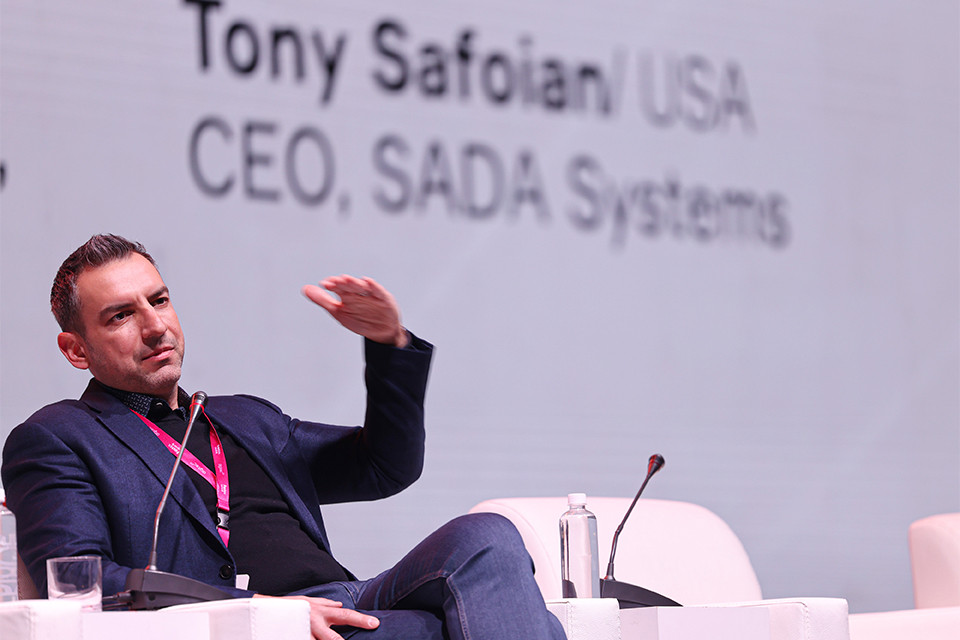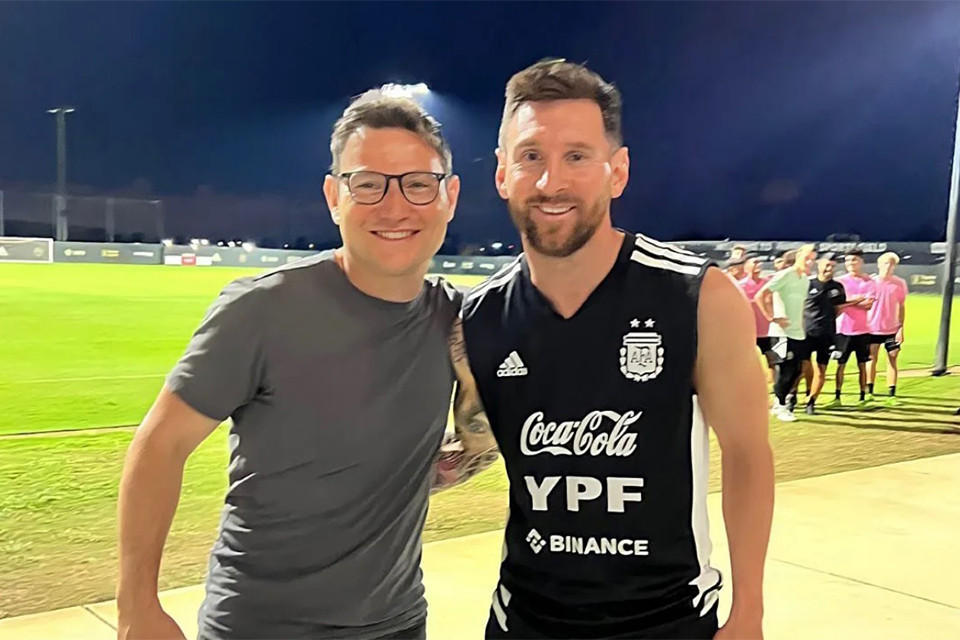-
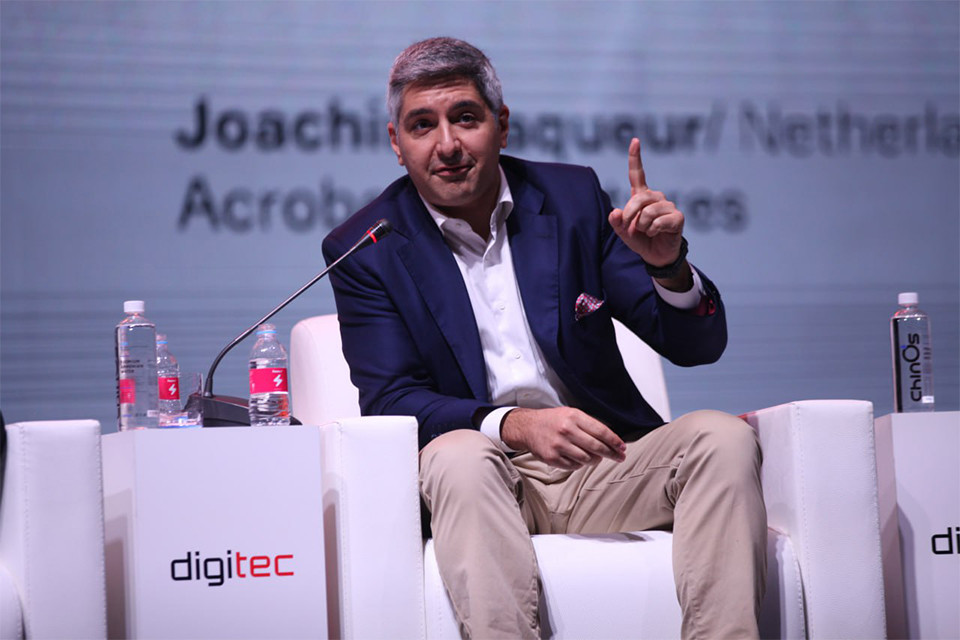
Henry Arslanyan
-
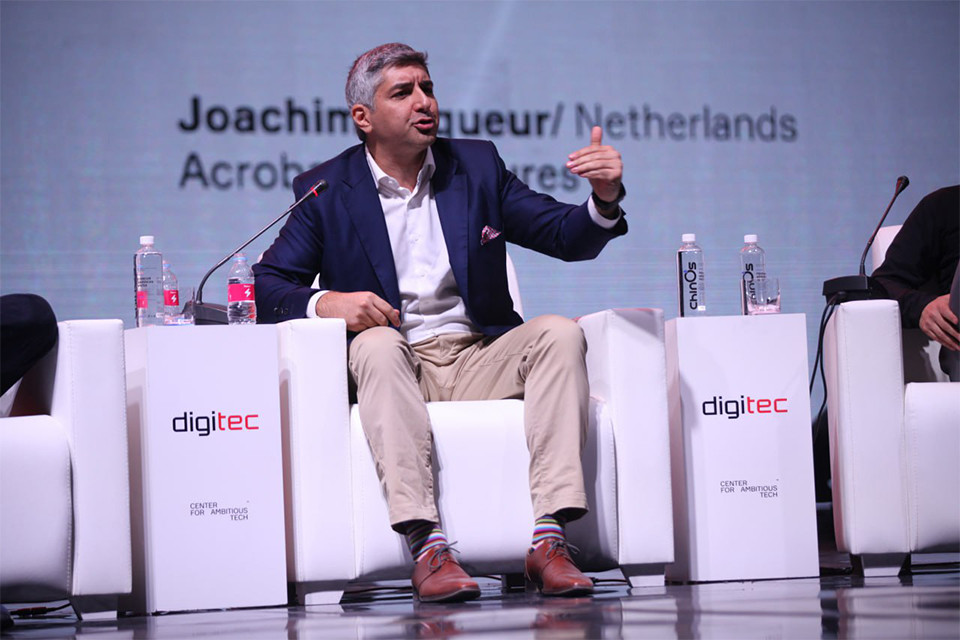
Henry Arslanyan
-
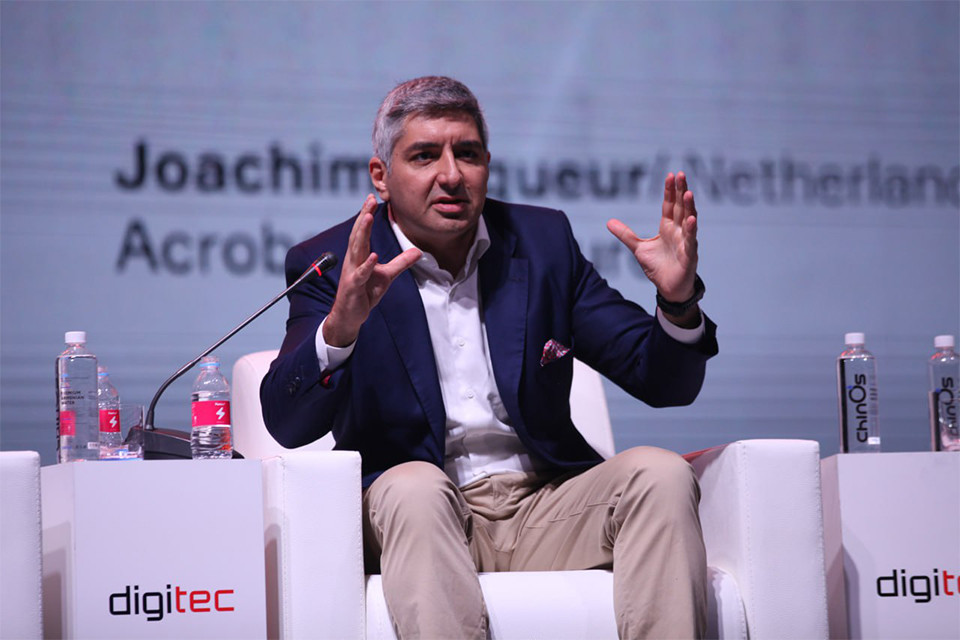
Henry Arslanyan
18:03 | 31.03.23 | Interviews | exclusive 65863
Henry Arslanyan: We should leverage our secret weapon - Armenian women
Henri Arslanian is the co-founder and managing partner of Nine Blocks Capital Management, an institutional-grade hedge fund focused exclusively on digital assets, with a market-neutral crypto fund focused on generating alpha from inefficiencies in crypto markets using relative value, arbitrage, and quantitative strategies.
Henri was previously a partner and global crypto leader at PwC. In that role, he advised many of the world’s leading crypto exchanges, investors, financial institutions, and tech firms on their crypto initiatives, as well as numerous governments, regulators, and central banks on crypto regulatory and policy matters.
He was named by LinkedIn as one of the 2022 global Top Voices in Finance and is the host of the CryptoCapsules™ social media video series as well as The Future of Money podcast and newsletter.
iTel.am talked to Henry Arslanyan about the future of the blockchain technology in Armenia.
You have been here in Armenia many times. What do you believe the blockchain technology opportunity is in Armenia? What developments have you noticed in this area?
The blockchain and cryptocurrencies changes around the world are historic. The period we are going right now will be in history books as a game changing period in the history of money and finance. For Armenia this presents tremendous opportunities. There are already a number of world leading crypto companies in Armenia despite the rather unclear policy and regulatory framework. For example, companies like Fastex. There is not any doubt that they will be the global leaders. ACX is the leader globally when it comes to crypto customer and compliance support. Company like FunDay is the leading digital marketing agency specialized in digital assets. All these companies are based in Armenia. So it is rare that we have an industry that has global leaders already in Armenia. I really believe this can provide tremendous opportunities for the years to come for Armenia, the region and globally.
What impact can blockchain have globally, not only the fintech sector but also the other sectors? And how can it be used for?
Blockchain technology provides tremendous opportunities in various areas. One of them is the ability to get rid of unnecessary intermediaries. For example, today when I want to buy a house or apartment in Yerevan, I need to go see a notary to make sure the land title that I’m buying is actually correct, and unfortunately especially in the last two decades there have often been some corruption elements, when people write fake mortgages. These become impossible with blockchain technology when my land title becomes an NFT, which is based on the blockchain. So it makes the processes more transparent, efficient, and effective which is beneficial not only for the country but also for people.
Gradually more people are obsessed with cryptocurrencies, NFTs. Are these technologies vulnerable to security threats?
Cryptocurrencies are not a national security threat․ I would rather say they are a national catalyst and enabler. The future of finance is happening in front of our eyes. Countries that are agile, innovative, and are able to catch this opportunity will take a tremendous way into the future.
 Henry Arslanyan
Henry Arslanyan
Like the internet was in the mid-90’s. Countries that were able to embrace the digital first approach have benefited. The same thing will happen with cryptocurrencies. Yes, there will be challenges, of course, like when any new technology comes.
What challenges do you see?
When it comes to digital assets there are always positives and negatives. One of them is the use of stable coins which are digital currencies there are backed one to one by US dollar․ There is always a risk for any country that if people don’t trust your local currency they will start using stable coins as dollars. That is already happening in places like Turkey․ Also when people don’t trust your Central Bank because of hyperinflation and there is a wide usage of the stable coins. It is already happening in Argentina, where the whole segment of the population is operating stable coins. I think there is always a risk for any Central bank, so if they do not do a good job, people may start using stable coin assets and that is unnecessarily bad, because of accountability.
What is the future of blockchain trends in the world?
Blockchain and its digital assets are here to stay. The question is whether they will be winners or losers. This applies at a country level, or it applies at a human or professional level. In the same way as Artificial Intelligence will displace jobs, and also create new ones. The same thing will happen with the assets of blockchain. There will be new opportunities. I think we all are privileged to be able to not only see it, but potentially have a role in shaping it.
What projects are you implementing in Armenia now, in which projects are you involved in?
After the last war I realized that the way that we are going to bring our country forward is by embracing the latest technologies and changing our mindset, which in many verticals of the government and society is based on certain countries that are maybe not as cutting edge in many areas. In Armenia I set up digital assets in a company called ACX which is now the world leader in crypto compliance, crypto customer support and crypto community management. We already have over 100 people in Armenia and the company has clients from all around the world.
 Henry Arslanyan
Henry Arslanyan
This is an example of the real technological innovation we’re trying to bring to Armenia, to make Armenia a technology first nation. A country where we use our tech, also our emotional intelligence and the other talents that we have as a nation. I think Armenia has many great talents, particularly Armenian women. I find that the secret weapon of Armenia is women. They are capable, educated, multitaskers, also future driven. In ACX our entire management except one person are women․ I think we should leverage our secret weapons like Armenian brain, creativity and also Armenian women.
Since you have the experience of working in Armenia, what difficulties and obstacles do you face here?
I’ve had the privilege of living all around the world for the last 20 years and I’ve done business in many countries in the world and Armenia is a very easy country to do business. Anything from setting up the companies to conducting daily activities is extremely easy. Anybody who says that there are difficulties in Armenia doesn't know what he is talking about. Yes, we have challenges, for example, we would want to hire more people. Me and many companies in Amenia would welcome employment immigration. For example, why we can’t bring workers from India, especially in the light of the recent improvements of the relationship between Armenia and India. We would love to make it easier to bring more foreign workers here in Armenia to any city, to become an international hub, to grow.
Do you think that the potential and involvement of the Diaspora can play a role in this regard?
The Armenian diaspora is another secret weapon. However, we need to be very clear that we do not need the diaspora for charity, for social enterprises or any feel-good projects. People from the diaspora should come to Armenia not because they want to help or charity, but because they believe it is the best place to set up a global international business. Two years ago when we set up ACX in Armenia we believed it was the right and the best place in the world to set up a business that we could leverage not only the benefits of the country, but including the human talent that we have in Armenia and I think we need to change our approach to that.
What advice would you give to beginners who want to take the first steps in blockchain, how to start?
You may love blockchain, you may hate blockchain, you may believe in blockchain or not. But we all have a moral and intellectual duty to at least try to understand it. Now there are a lot of easy ways to learn about digital currencies: online courses, books etc. My only advice to people is to spend half an hour this weekend watching some videos on the internet about the blockchain, reading some articles and then you can make your own decision whether you believe that it is the future of finance or not.
Nune Grigoryan talked to Henry Arslanyan

17:29 | 24.09.25 | Articles
Jacopo Losso on Cross-Border Investments and Why Armenia Attracts Angels


